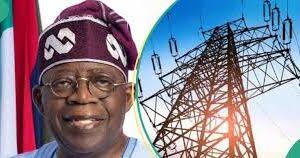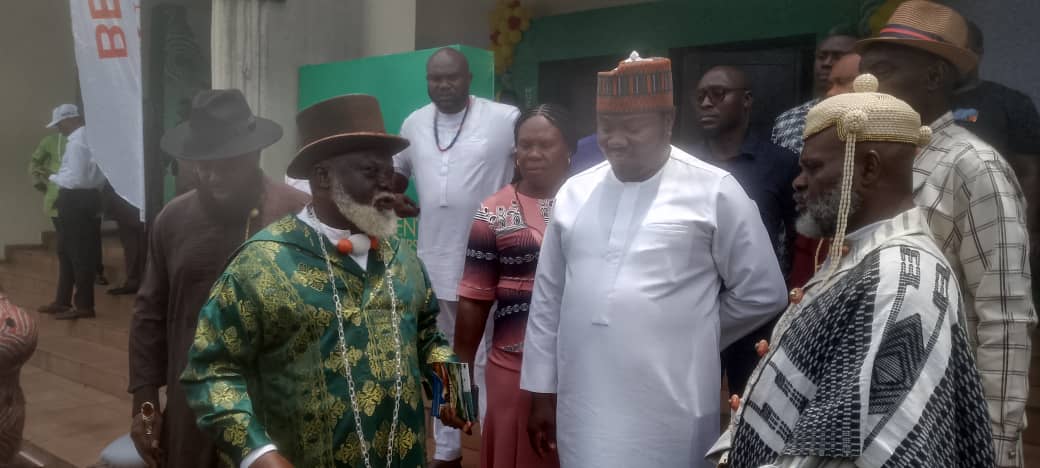BY ANTHONIA EMMANUEL
In a bold move aimed at reviving Nigeria’s struggling power sector, the Presidency has initiated the internal processes required to settle the longstanding N2 trillion debt owed to electricity generation companies (GenCos). The payment is expected to be finalized before the end of the next quarter, according to government sources.
This development was disclosed at the 2025 second quarter meeting of the Nigerian Electricity Supply Industry (NESI) stakeholders, hosted by the Nigerian Electricity Regulatory Commission (NERC).
Speaking at the event, a representative of the Special Adviser to the President on Energy, Eriye Onagoruwa, acknowledged the severe financial burden GenCos are facing due to the unresolved debts and stressed that the administration is actively working to ease the situation.
“We understand the gravity of the debt and its impact on the sector. Alternative financial instruments are being considered due to current budgetary limitations,” she said. “I can confirm that the Coordinating Minister of the Economy and the Debt Management Office are both fully involved. Internal approval processes are underway.”
While a definitive payment timeline was not revealed, Onagoruwa noted that tangible progress should be visible before the next NESI meeting, expected in three months.
GenCos have recently sounded the alarm, warning that their total unpaid invoices have now surpassed N4 trillion. Industry insiders report that approximately N800 billion has accumulated in 2025 alone due to missed monthly payments, estimated at over N200 billion per month.
The Senate Committee on Power also flagged the growing liquidity crisis, emphasizing that urgent intervention is needed to prevent total collapse.
Monday’s stakeholder gathering brought together regulators, electricity providers, and industry experts to confront several pressing issues. Among the key topics discussed were Nigeria’s ongoing metering challenges, the Presidential Metering Initiative, the Meter Asset Fund, and the operational launch of the Nigerian Independent System Operator (NISO).
The meeting also addressed the implementation of the Electricity Act 2023, which empowers states to establish their own electricity regulatory bodies. However, concerns were raised about the risk of a fragmented market structure.
John Akinnawo, Acting Managing Director of the Nigerian Bulk Electricity Trading Plc (NBET), urged caution in the decentralization process, recommending a unified approach led by NISO.
Abdu Mohammed Bello, Managing Director of NISO, presented the agency’s roadmap, outlining strategies to strengthen grid transparency, enhance operational coordination, and support a stable electricity supply.
Industry participants at the meeting welcomed the federal government’s renewed focus on debt resolution and expressed hope that the planned reforms would help revitalize the country’s energy sector.
As the sector continues its journey toward a more competitive and decentralized model, stakeholders are now closely watching the Presidency’s next steps in clearing legacy liabilities and driving sustainable power solutions.





